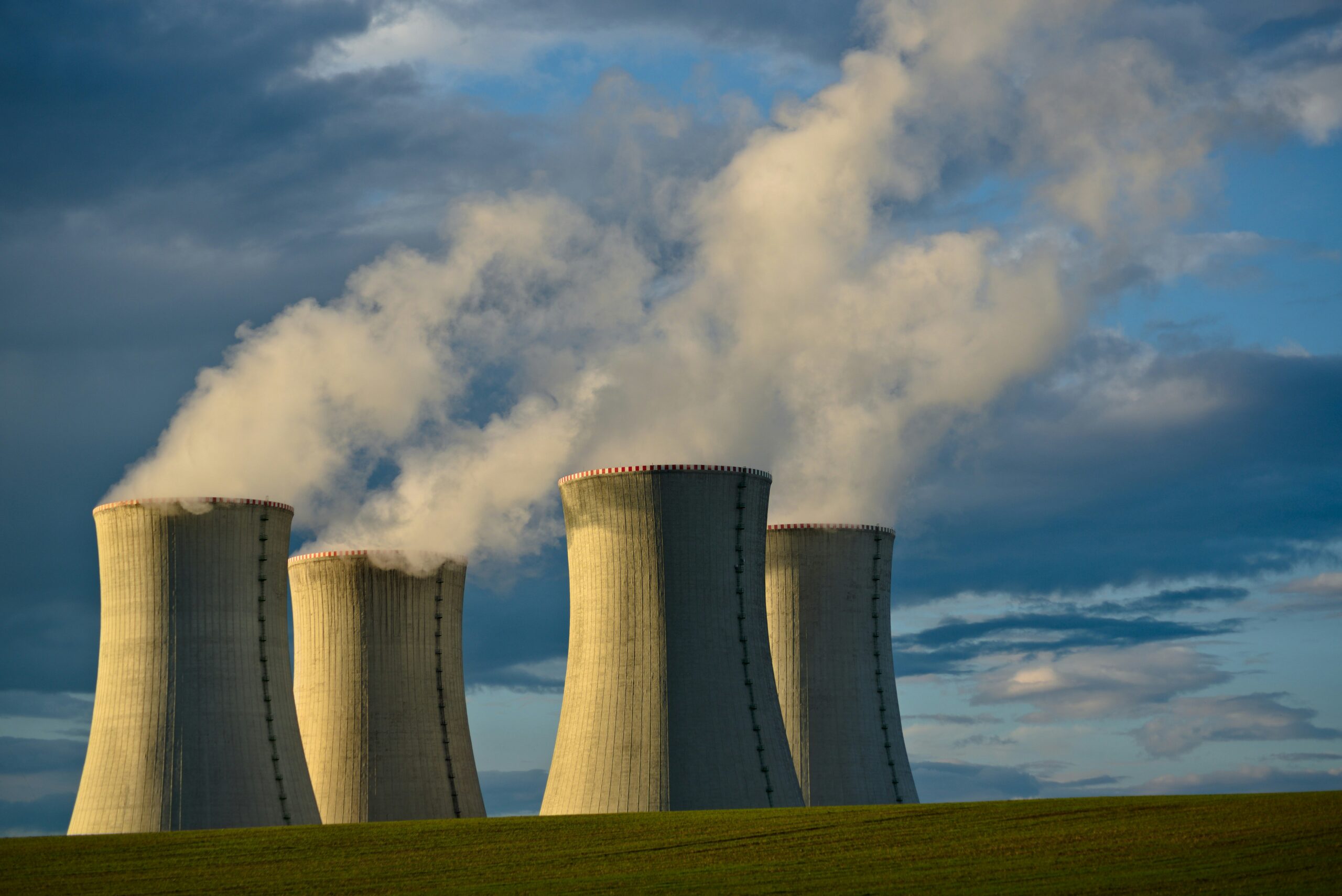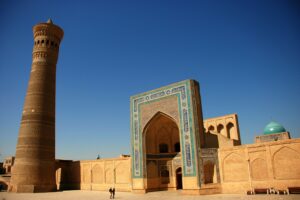
Kyrgyzstan eyes uranium mining and nuclear power revival
Kyrgyzstan is contemplating a significant shift in its energy and economic strategy by seeking to restart uranium mining and construct a Russian-built nuclear power plant. This move comes after a ban on uranium mining was imposed in 2019, a decision driven by environmental concerns and public opposition. President Sadyr Japarov, advocating for the lift of the ban, emphasizes the potential economic benefits, including job creation and state-led production in the extractive industries, a vision he has championed since his time as an opposition politician.
The discussion around reviving uranium mining is intertwined with the proposal to build a small atomic power station by Russia’s Rosatom, aimed at addressing the country’s power deficit. The potential nuclear facility, likely a Small Modular Reactor (SMR), is expected to provide electricity for hundreds of thousands of homes, offering an alternative to the country’s hydroelectric power, which is under climatic pressure.
However, this push towards nuclear energy and uranium mining revival raises significant environmental and safety concerns, particularly in a region with a legacy of nuclear industry-related pollution from the Soviet era. The southern Kyrgyz town of Mailuu-Suu, for example, still harbors over 20 uranium tailings dams containing nearly 2 million cubic meters of toxic material from past uranium mining and processing activities. These sites pose a risk not only due to their inherent toxicity but also because of the area’s seismic activity, which could have devastating consequences for the densely populated Ferghana Valley downstream.
Despite these concerns, the government appears determined to proceed, with President Japarov drawing parallels between the uranium mining initiative and the successful state takeover of Kyrgyzstan’s largest gold mine, Kumtor. He assures that the uranium mining project will create over a thousand jobs and potentially transform Kyzyl-Ompol into a significant economic asset similar to Kumtor. Additionally, plans are in motion to train Kyrgyz citizens in Russia as specialists in uranium and rare earth metals development, signaling a long-term commitment to these industries.

